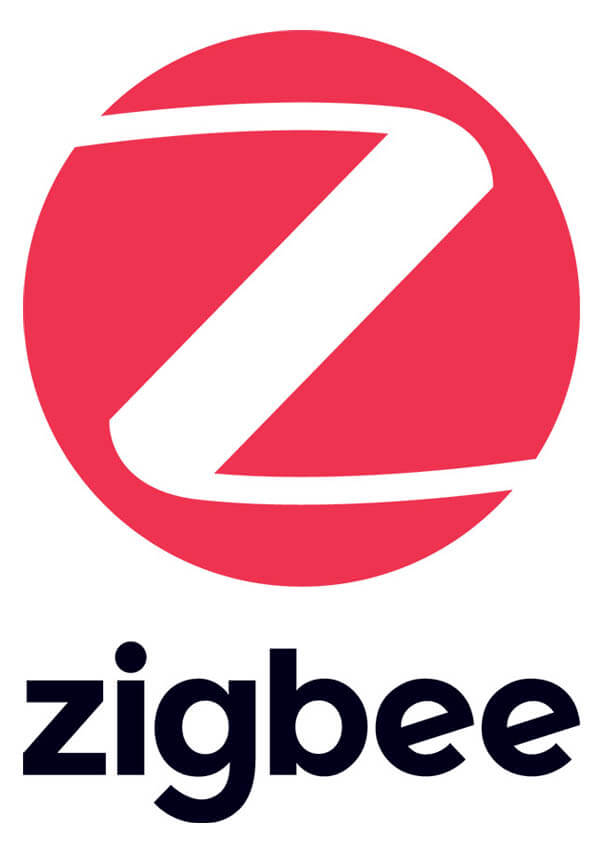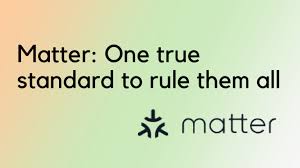At present, ZigBee technology has been around for more than 20 years, and the technology is quite mature, and it is almost on the same position as Bluetooth and Wi-Fi in the field of short-distance communication. The advantages of ZigBee technology include low power consumption, large node capacity, and short delay. It is the core wireless networking connection technology for smart homes.
From the perspective of technical standards, ZigBee is based on IEEE802.15.4, and has its own unique characteristics with IEEE802.11 of WIFI and 802.15.1 of Bluetooth. For example, the physical characteristics of IEEE802.15.4 and IEEE802.11 are relatively similar, and the CSMA/CA communication method based on CCA carrier sense is adopted, which is very suitable for many-to-many communication of devices.
Of course, in the smart home era, the biggest disadvantage of ZigBee is that the control terminal cannot be integrated on the mobile phone, and it needs to be controlled through a gateway. Even if the ZigBee Dongle or ZigBee remote control is used as the control terminal, it must be authorized by the gateway.
ZigBee has a set of equipment control standards, namely ZCL. But the problem is that due to the imperfection of the early ZCL, the products of different equipment manufacturers are incompatible with each other, and some products are even deliberately designed to be incompatible with each other. But starting from ZigBee3.0, ZCL is a mandatory option, and ZCL is mandatory in the chip, which makes it necessary to spend a certain amount of extra cost if you want to make mutually incompatible settings, or you can only interconnect your own products with other products. Interoperability is a good thing for users.
Matter is derived from ZigBee’s ZCL, and now, Matter is likely to completely break the barriers of interconnection in smart homes. Does this mean that Matter will replace ZigBee?
This needs to be considered on a case-by-case basis. At present, Matter still needs to use a bridging device, that is, an “edge gateway” to open up the connection between devices. And Matter is based on IPv6, so the chip resource consumption of the protocol stack is much larger than that of ZigBee, and the software development and maintenance costs are also higher than ZigBee.
But in the future, Matter will be backward compatible with ZigBee, and currently it is mainly complementary to ZigBee.
Post time: Nov-19-2022

